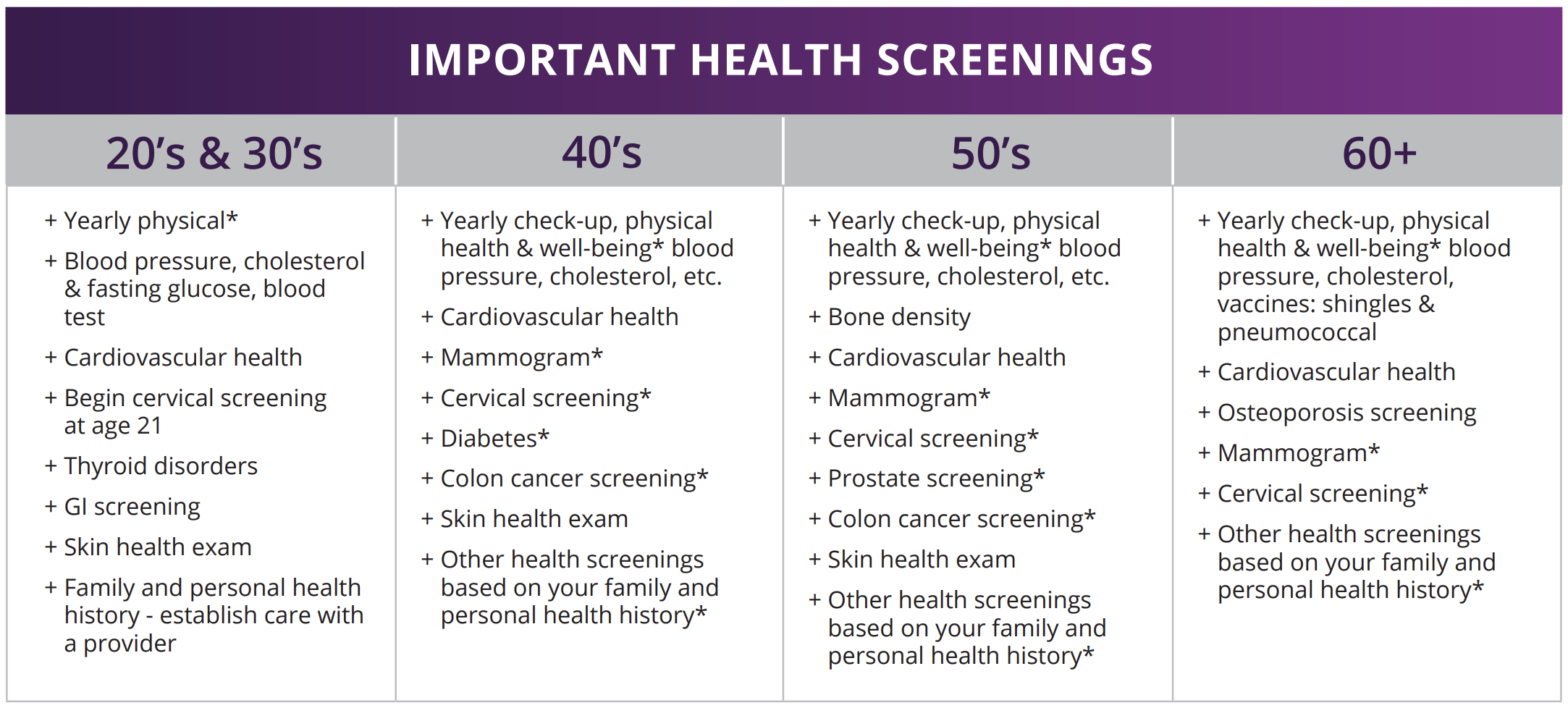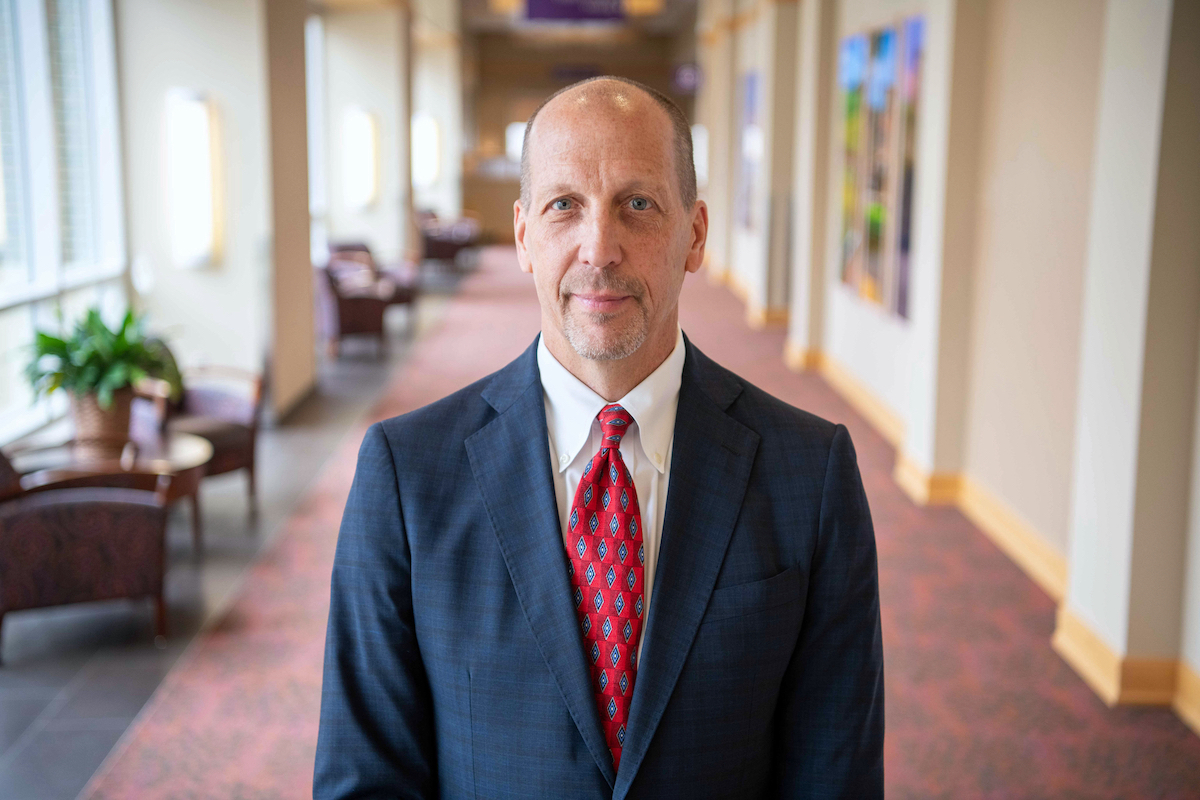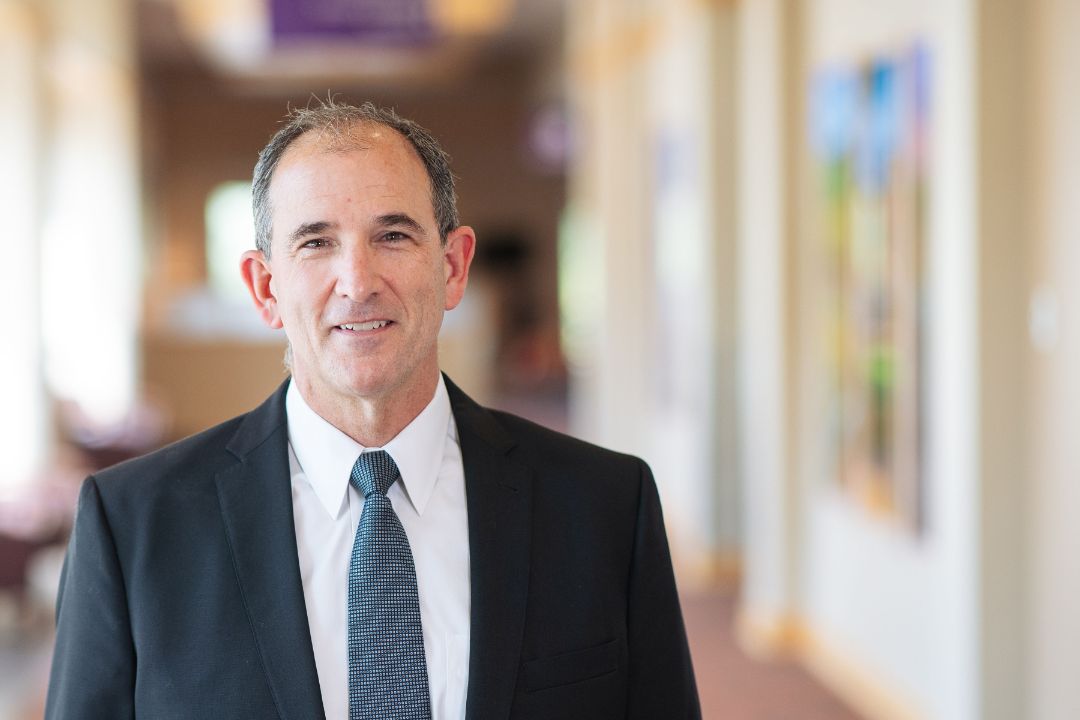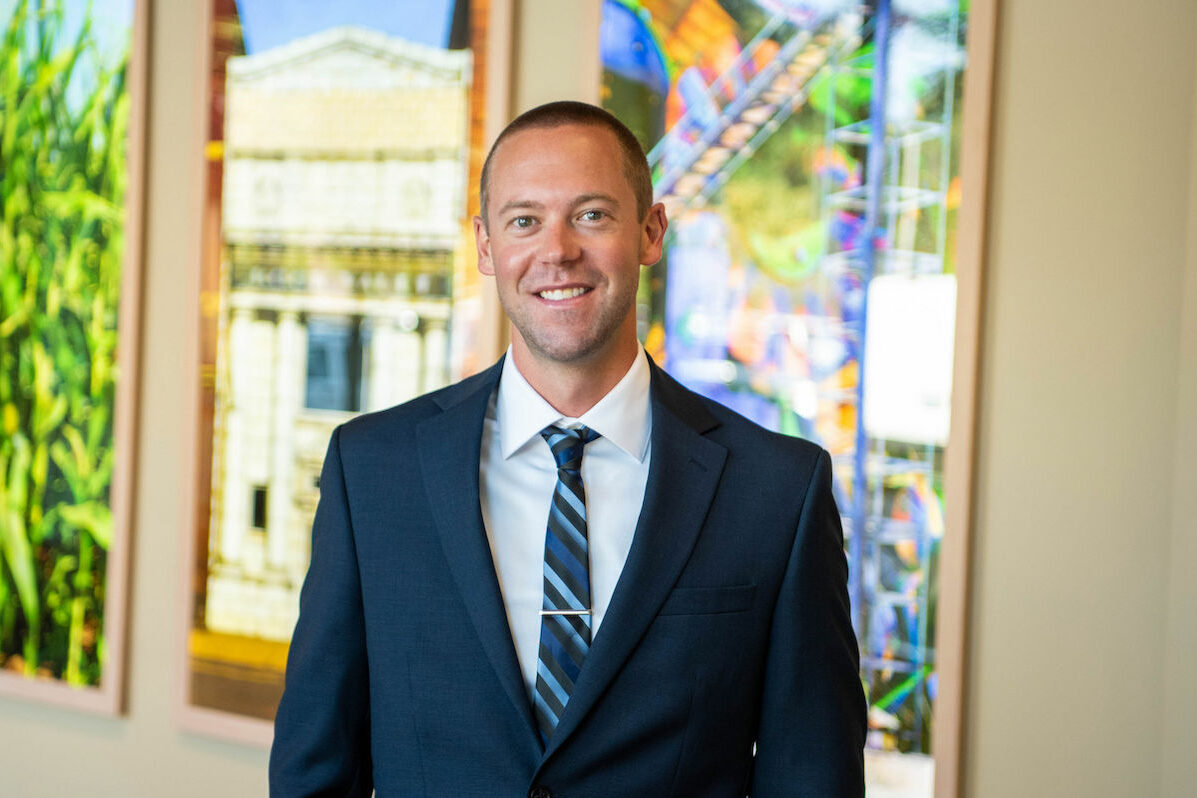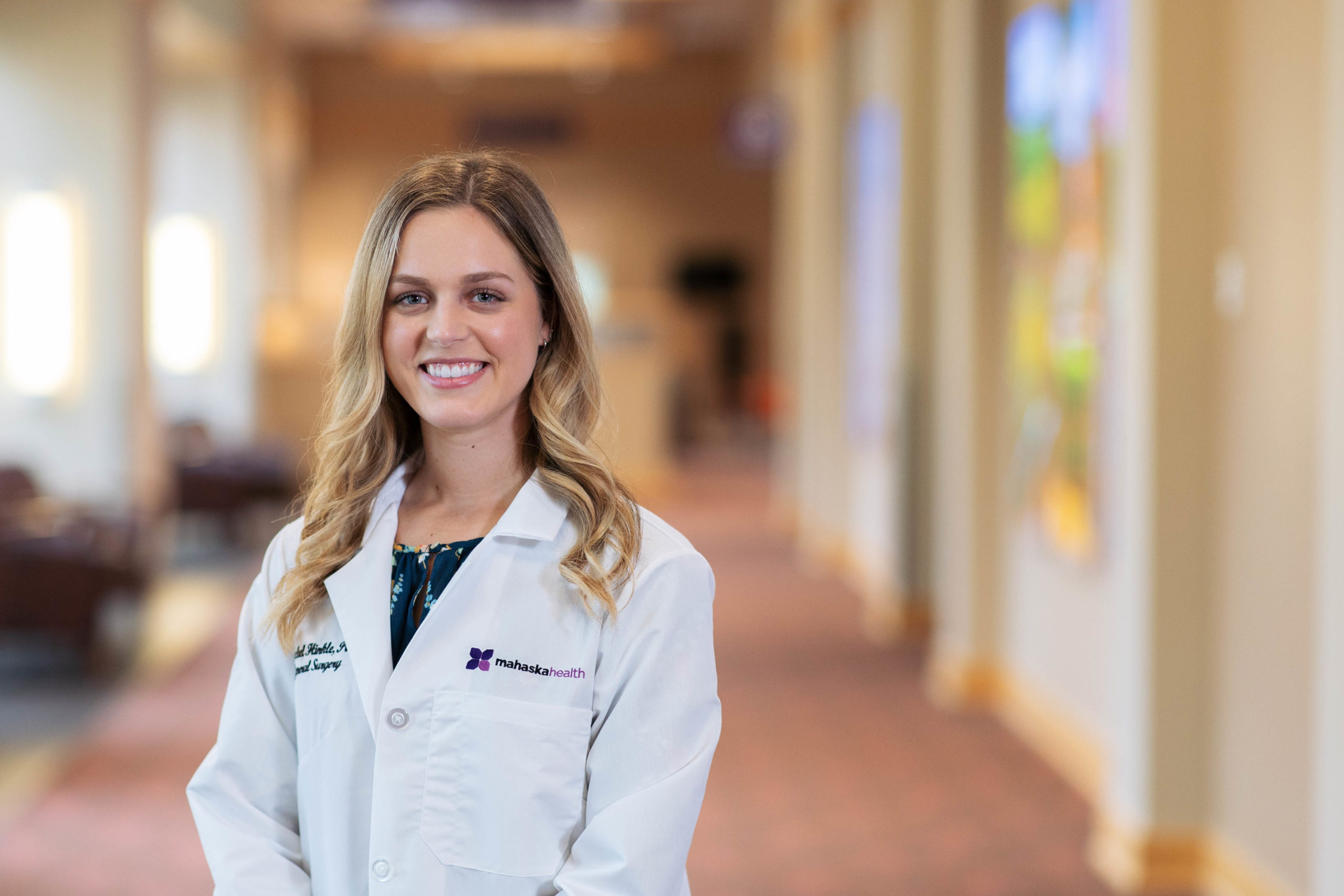If you are 45 years or older, you should have a screening for colorectal cancer to prevent a very preventable cancer. Mahaska Health provides exceptional GI care with a focus on prevention. Our teams have the experience, specialization, and state-of-the-art technology to provide the highest level of care.
Staying on top of routine screenings is one of the most important aspects of healthy aging. Many serious conditions don’t present symptoms in their early stages, and they can become much more difficult to treat as they progress. The good news: these regular tests can detect conditions when they are at their most treatable. Take time to obtain the health screenings you need and establish care with a primary care provider so you can have peace of mind with personalized, compassionate care right here, close to home.
Mahaska Health’s Family Medicine and General Surgery Teams provide exceptional GI care with a focus on prevention and are ready to help make sure you never miss out on life’s important moments. Our expert medical teams have the experience, specialization, and state-of-the-art technology to diagnose and treat to provide the highest level of care. To schedule a screening contact your Family Medicine provider or call our Care Team at 641.672.3360.

Iowa Center of Excellence General Surgery
“GI cancer screenings are critical for the early detection and treatment of gastrointestinal cancers, such as colon, stomach, and liver cancer. These types of cancers can develop without obvious symptoms, making them difficult to detect until they have reached advanced stages. Regular GI cancer screenings can help detect precancerous conditions and identify cancers in their early stages when they are most treatable. In addition, individuals with a family history of GI cancer or other risk factors may benefit from earlier or more frequent screenings. By undergoing regular GI cancer screenings, individuals can take an active role in their own health and potentially prevent or detect cancer early, improving their chances of successful treatment and survival.”
Daniel Kollmorgen, MD, FACS
Mahaska Health Oncology Medical Director
Meet our Expert General Surgery Team
At Mahaska Health, our surgeons have years of experience performing surgical procedures of all kinds. However, the most common outpatient surgical procedures we perform at our campus in Oskaloosa are as follows:
Common Surgical Procedures
- Appendectomy
- Tubal ligation
- Esophageal-reflux surgery
- Gallbladder removal
- Hernia repair
- Colonoscopy
- Biopsy
- Lumpectomy
- Mastectomy
- Benign cyst removal
- D&C
- Hysterectomy
- Cystocele
- Rectocele repair
- Fracture Care
- Knee Arthroscopy
- Rotator Cuff repair
- Shoulder Arthroscopy
- Biopsies
- Chemotherapy ports
- Skin cancer lesion removal
- Cataracts
- Ear Tubes
- Tonsillectomy
- Thyroid biopsy
- Bronchoscopy
- Cystoscopy
- Hemorrhoid removal
- Vasectomy
- Carpal tunnel release
- Wound Care
- Trigger finger release
- Cyst removal
- Skin and soft tissue lesion removal
- Mole removal
- Plantar Fascial Release (heel spurs)
- Hammertoes
- Toenail removal
Surgical Services
The week before surgery at Mahaska Health, a Surgical Services staff member will call you to review a brief history of your past/present medical conditions, allergies and any medications you take, including prescribed and over-the-counter.
The night before surgery, plan to get a good night’s rest:
- Shower or bathe with soap while taking special care to clean the area where the procedure will be performed
- Do not eat or drink anything after midnight. This includes food, chewing gum, coffee, water and mints. Failure to do this may cause your surgery to be delayed or cancelled
- Refrain from smoking, chewing tobacco and second hand smoke
- Take medications as directed with a small sip of water. Follow any specific guidelines as directed by your doctor
The morning of surgery:
- Arrange for transportation to and from the hospital from a family member or other adult.
- Do not wear makeup or nail polish. Contact lenses will be removed prior to surgery so bring your case.
- Leave all jewelry and valuables at home.
- Bring your insurance card and picture ID.
- Check in at the registration desk, located on the north side of the Mahaska Health campus, entrance #4. Campus Map
- Notify your doctor or nurse of any changes in your physical condition such as fever, chills, sore throat, new cough, diarrhea or urinary problems
- Blood test, X-rays or EKG (electrocardiogram) may be performed if ordered by your doctor
- A pregnancy test may be required
- Write down any questions you have and bring them with you the day of your surgery.
- An anesthetist will meet with you to:
- Review your medical information
- Sign the necessary consents
- Review current medications you are taking
- Discuss the type of anesthesia to be given
- Answer any questions or concerns you may have
During and After Surgery:
- Your family and friends will be shown to the spacious surgical visitor’s lounge, complete with vending machines and free coffee. Volunteers are available to communicate updates during your procedure and a consultation room is nearby where the surgeon will meet with your visitors after your operation.
- Once you are awake after surgery, you will be moved to recovery where you will be monitored before returning home.
The surgeons at Mahaska Health often utilize a da Vinci Xi Robotic Surgical System. This equipment represents one of the most advanced surgical robots available.
Robotically-assisted surgeries are becoming the standard of care. The da Vinci robot is a great tool used by surgeons to treat patients in a minimally invasive way.

